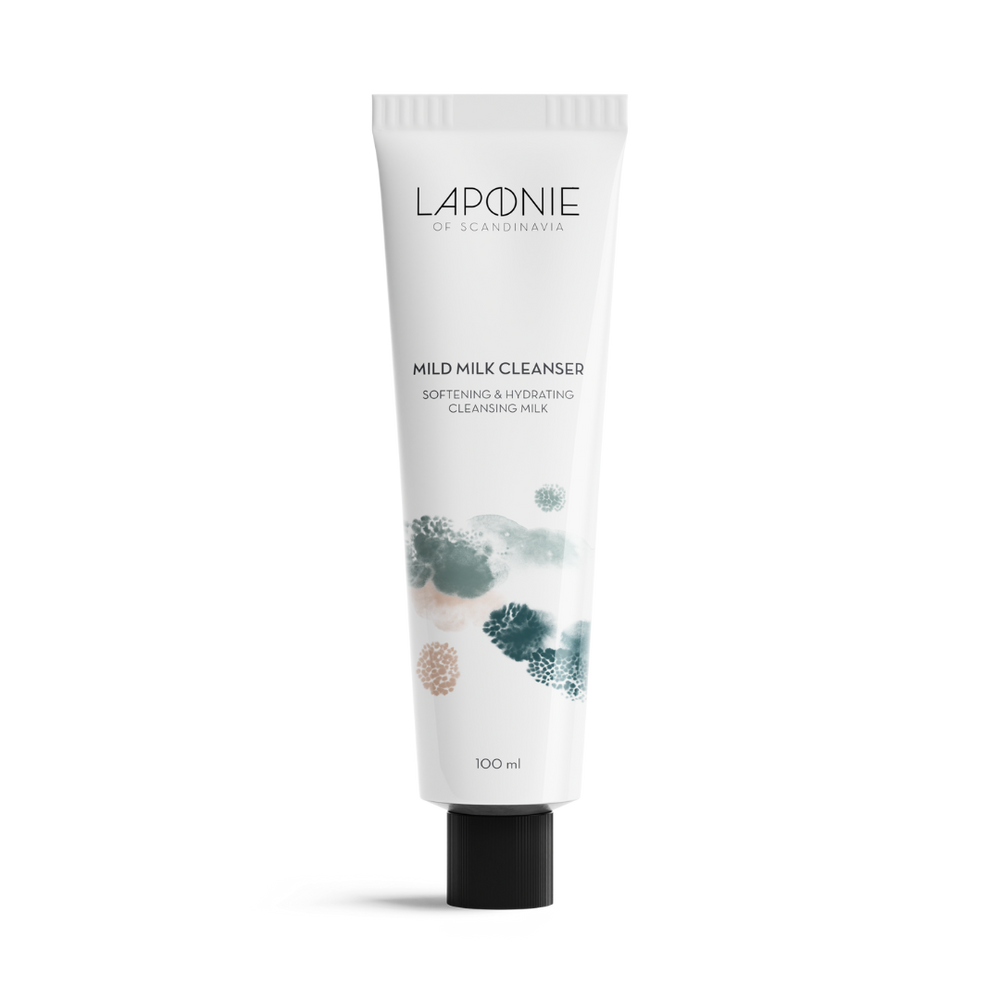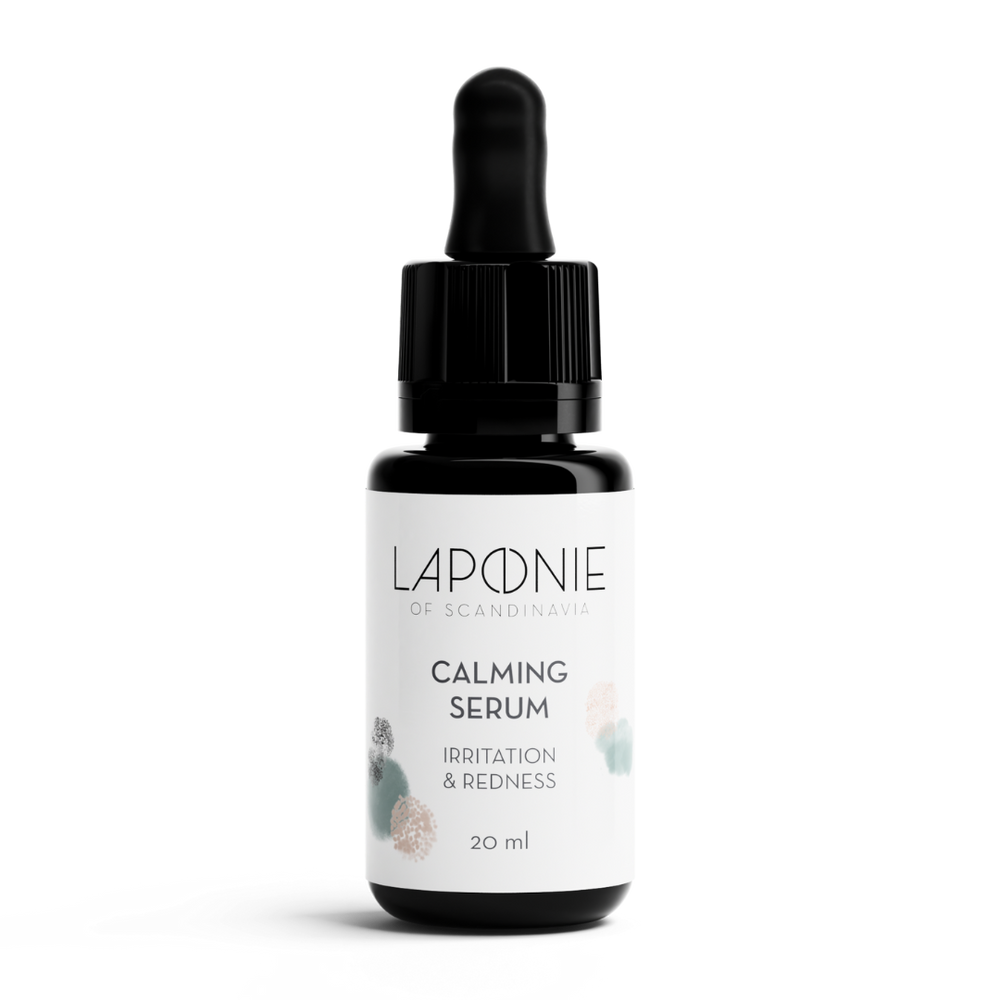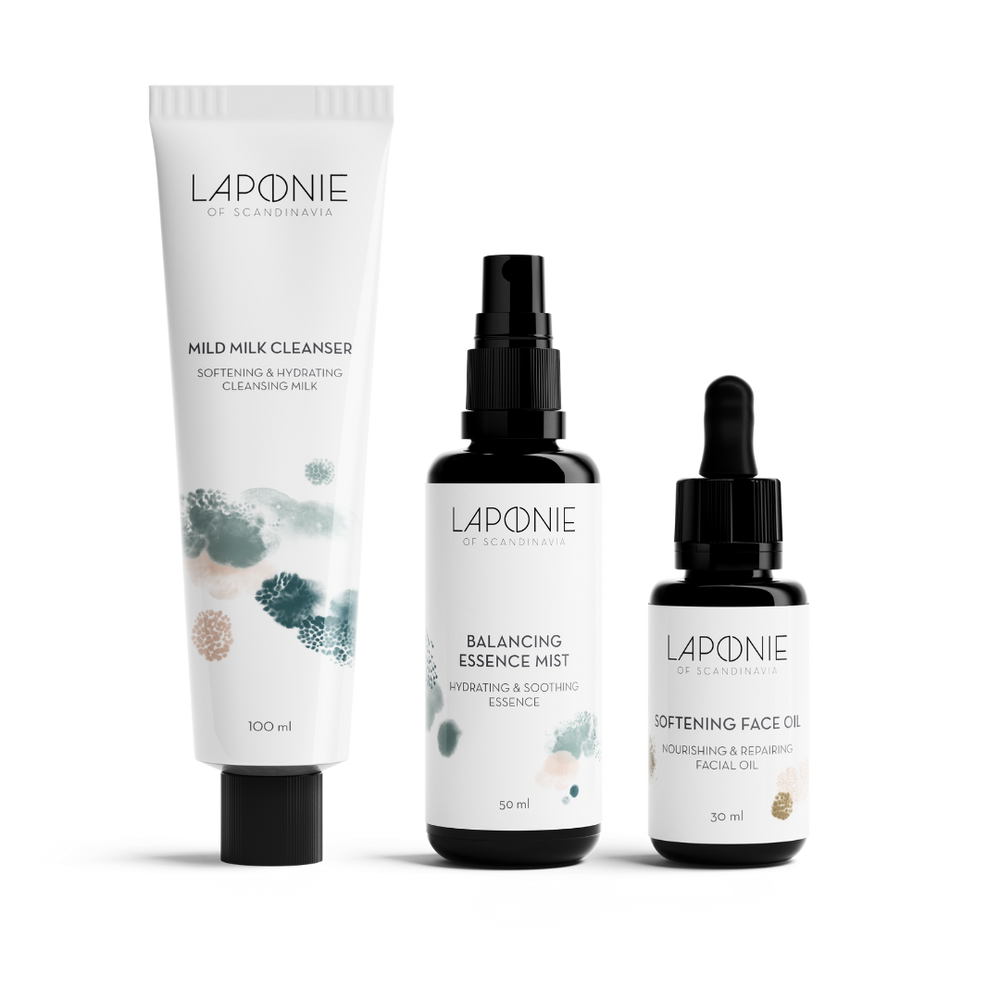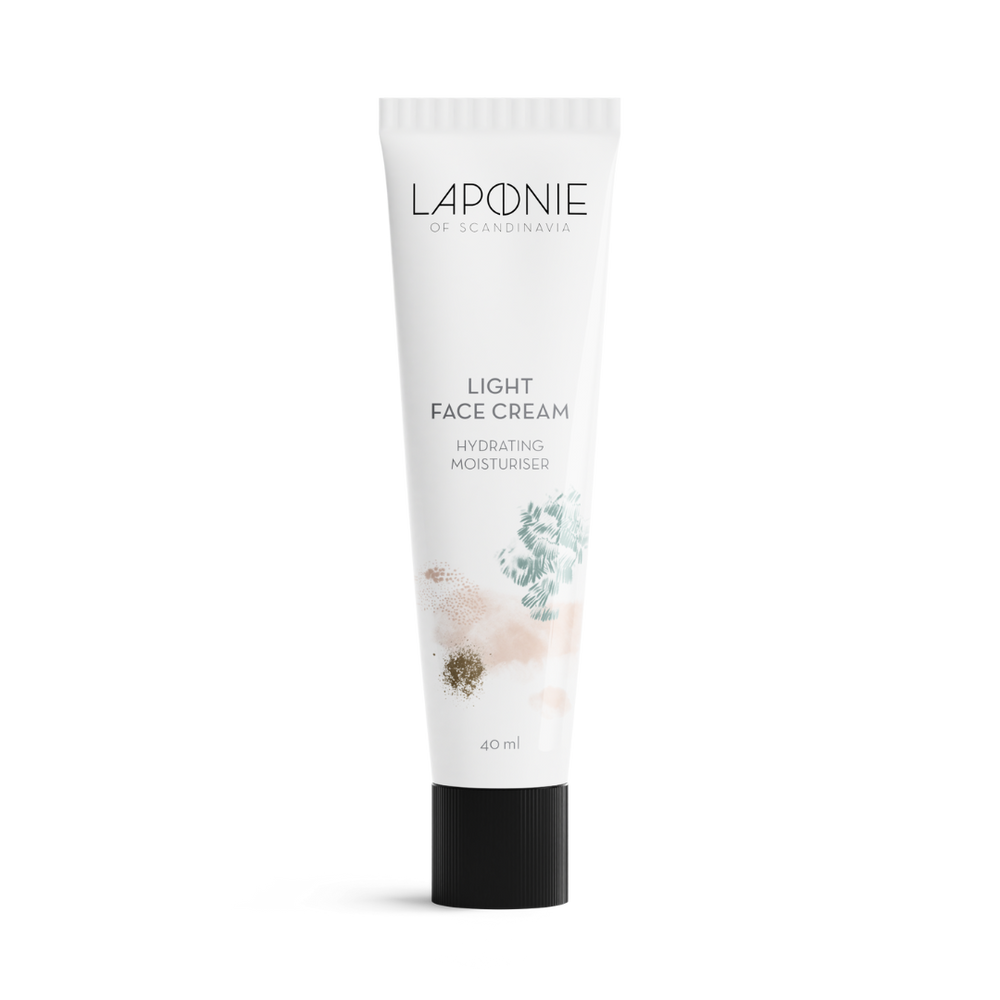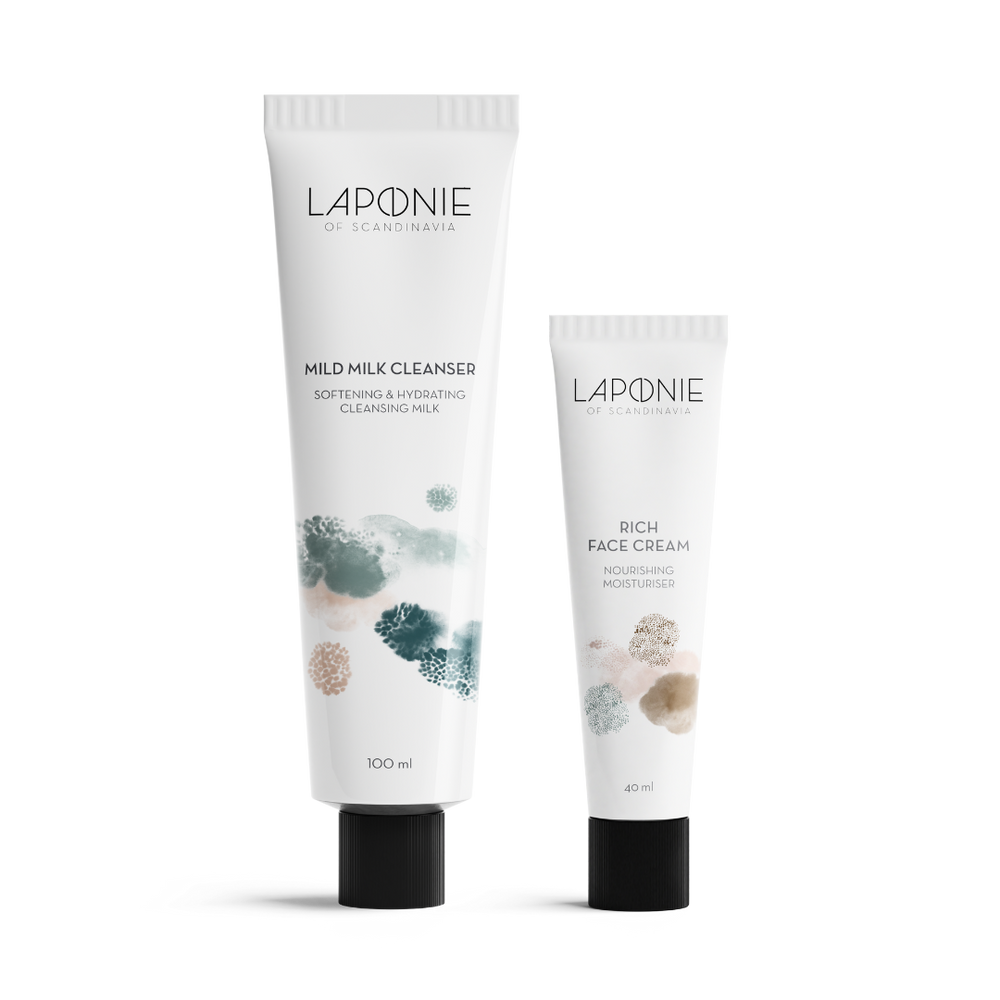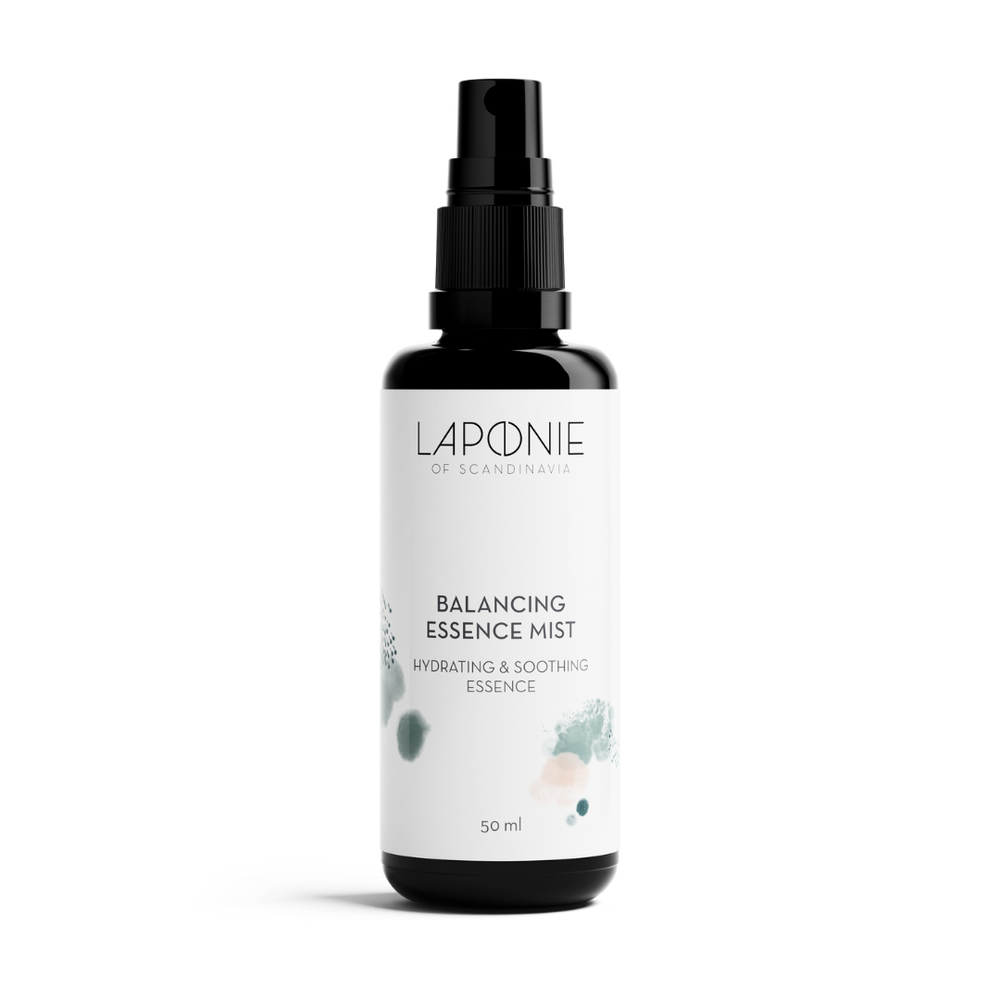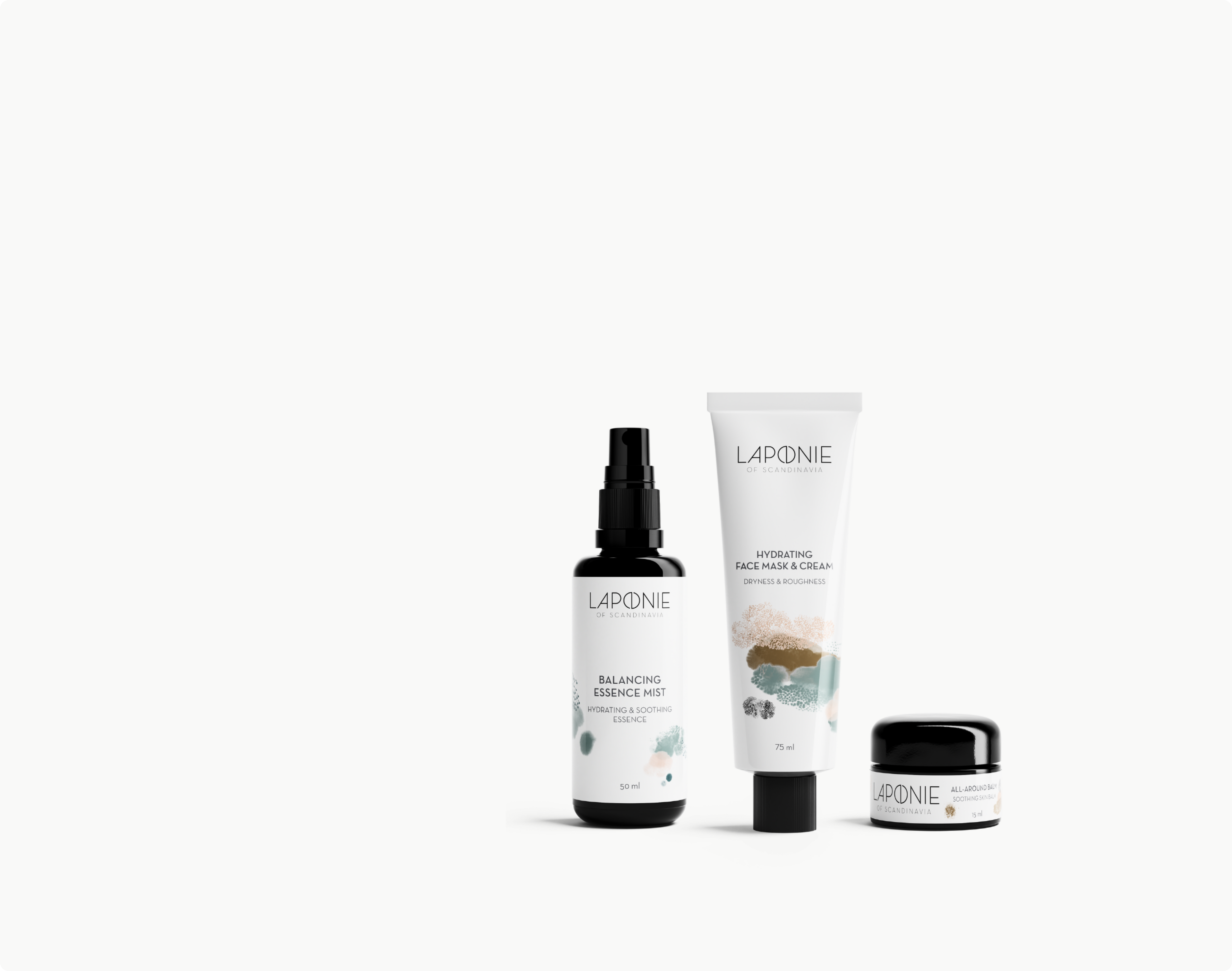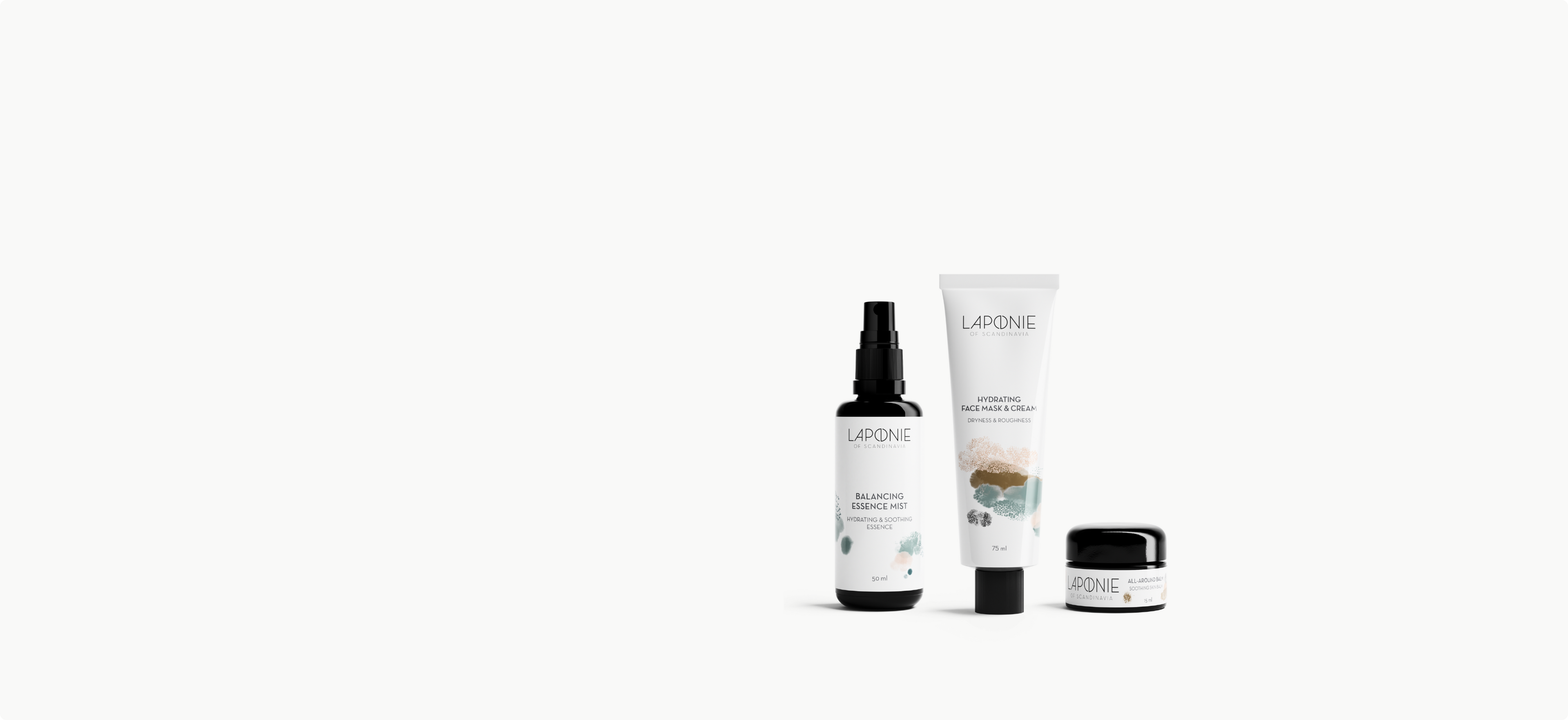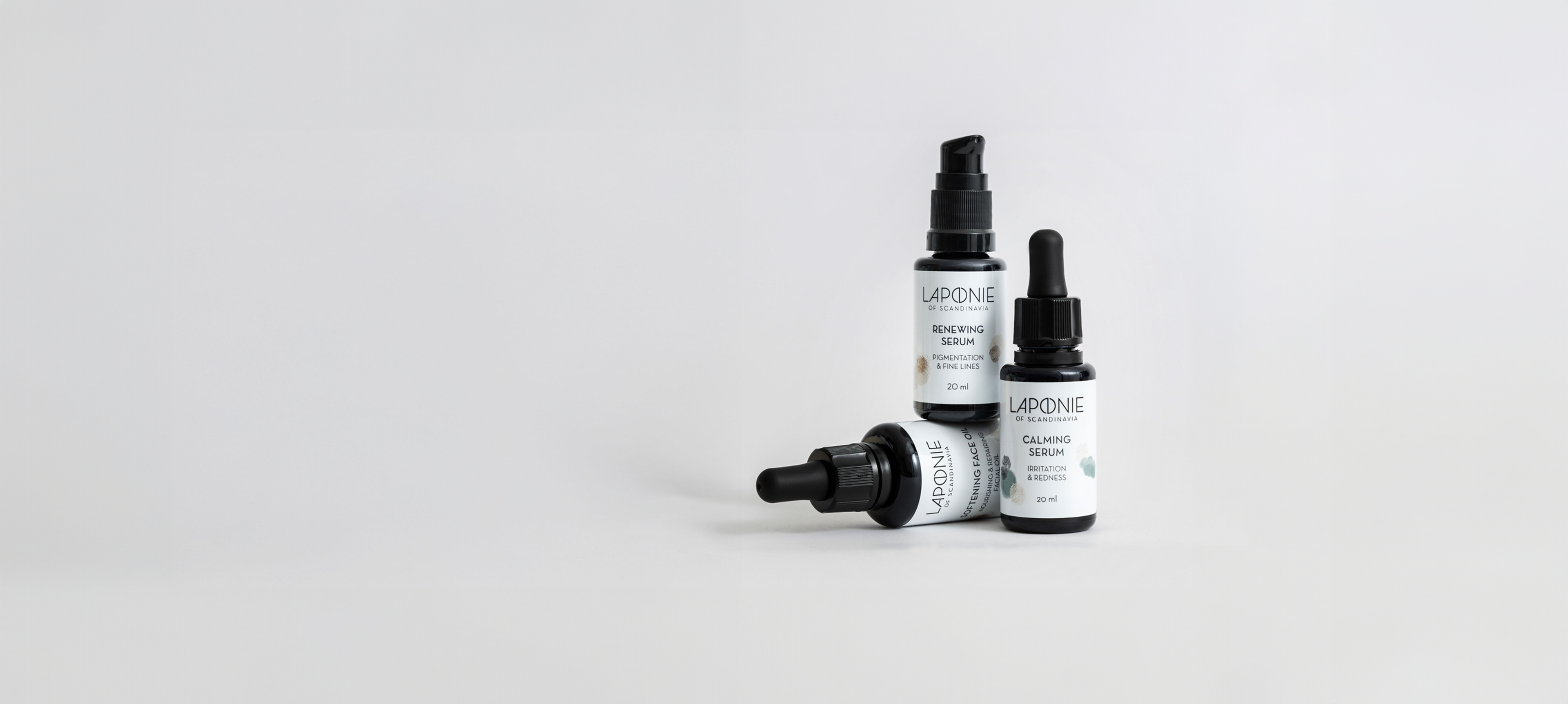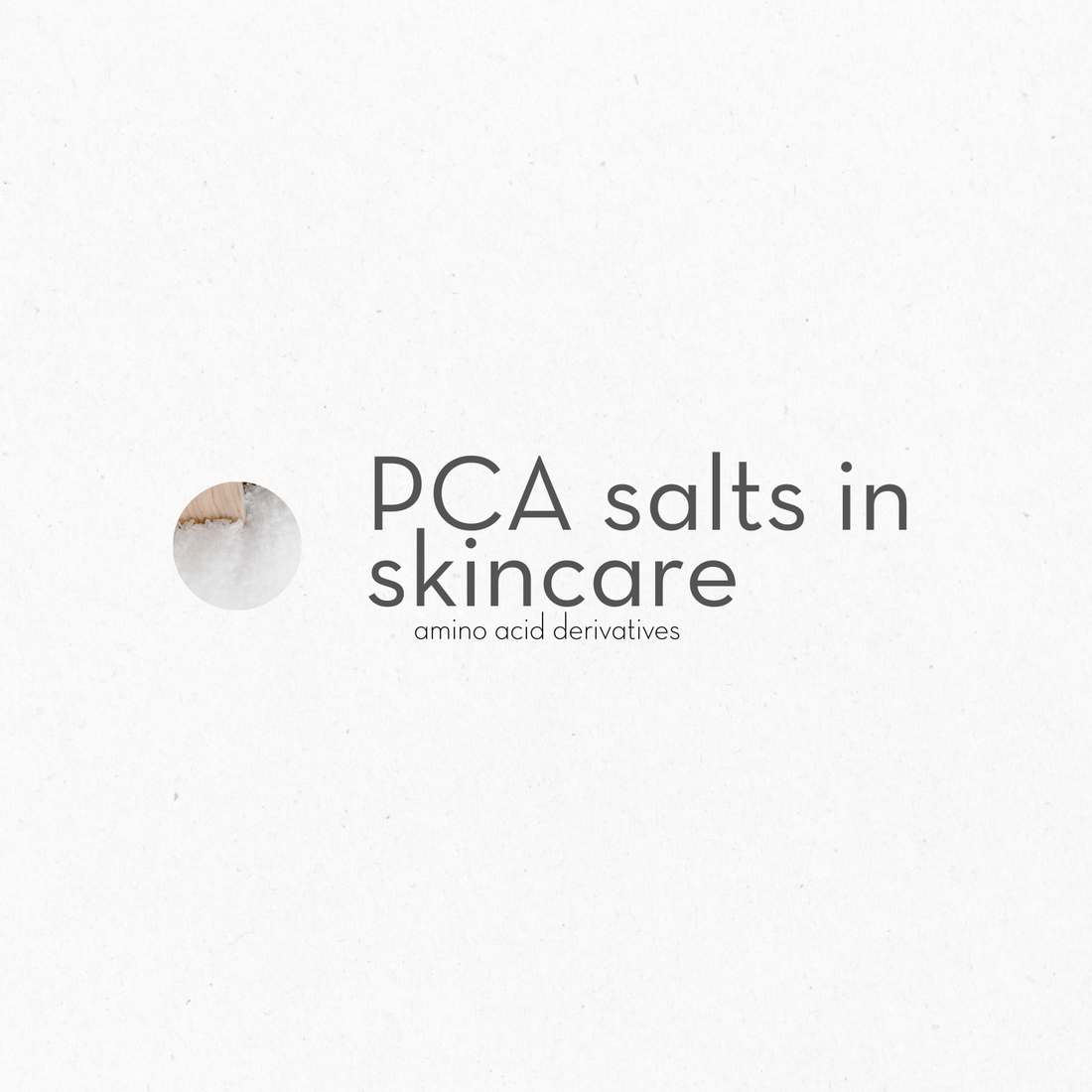
PCA salts are the salt forms of L-Pyrrolidone Carboxylic acid or L-PCA and are amino acid derivatives. The human stratum corneum, the top-most layer of human skin, contains a high concentration of PCA, and its role in skin moisturising and maintenance of the NMF (natural moisturising factor), especially when combined with sodium, has been firmly established. PCA was discovered in 1882 and has been widely researched since.
PCA salts are commonly used in skincare, and primarily for their hydrating properties. Depending on the salt source (e.g. copper, zinc) itself, PCA salts also have other interesting properties: soothing, sebum-regulating and anti-bacterial, to name a few. PCA salts are water-soluble and work in a number of product types.
The most widely used PCA salt is sodium PCA, the sodium salt of PCA. It’s among the most powerful humectants available, with excellent water-binding capacity, and is effective in reducing dryness and flakiness. You’ll find it in our Light Face Cream.
Zinc PCA is the zinc salt of L-PCA, and is an ideal ingredient for oily, impure and irritated skin. Apart from hydrating skin, it regulates sebum production, reinforces the skin's barrier function, soothes skin and has anti-acne properties. We use zinc PCA in our Purifying Serum.
Copper PCA is the copper salt of L-PCA. It has anti-microbial and astringent properties and regulates sebum and fights impurities. Copper PCA has a slight blue tint. Much like zinc PCA, it’s an excellent ingredient for oily and impure skin, and zinc and copper PCA are often used together for added synergy. We use copper PCA in our Purifying Serum.
The PCA salts we use are from a vegetable source; they are made by the cyclisation of beetroot derived L-glutamic acid. The sodium hydroxide used in the process is synthetic.


